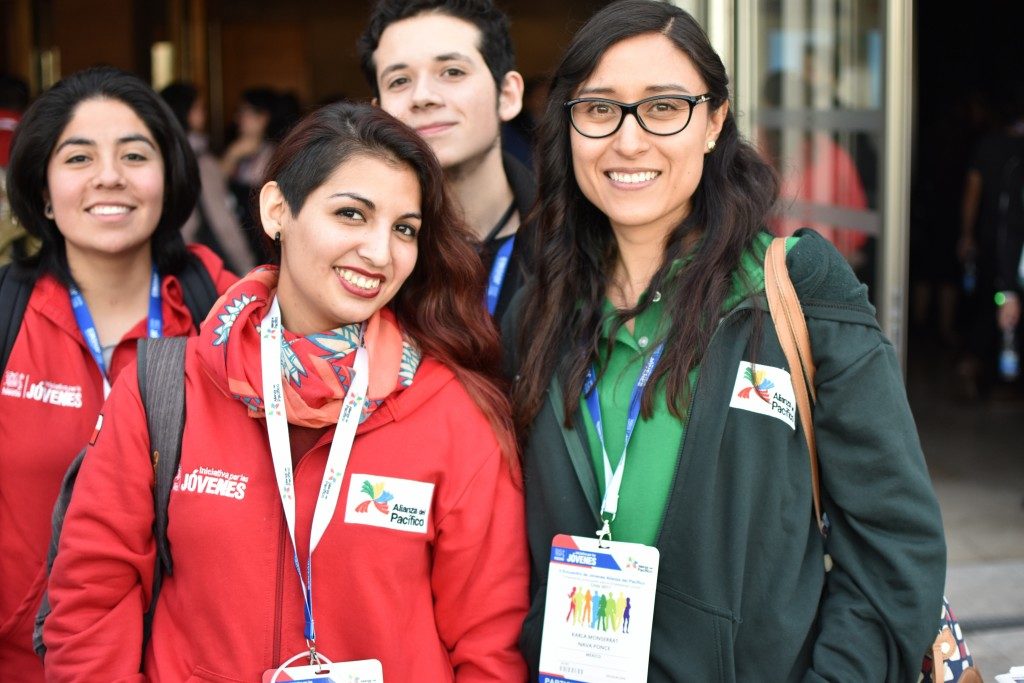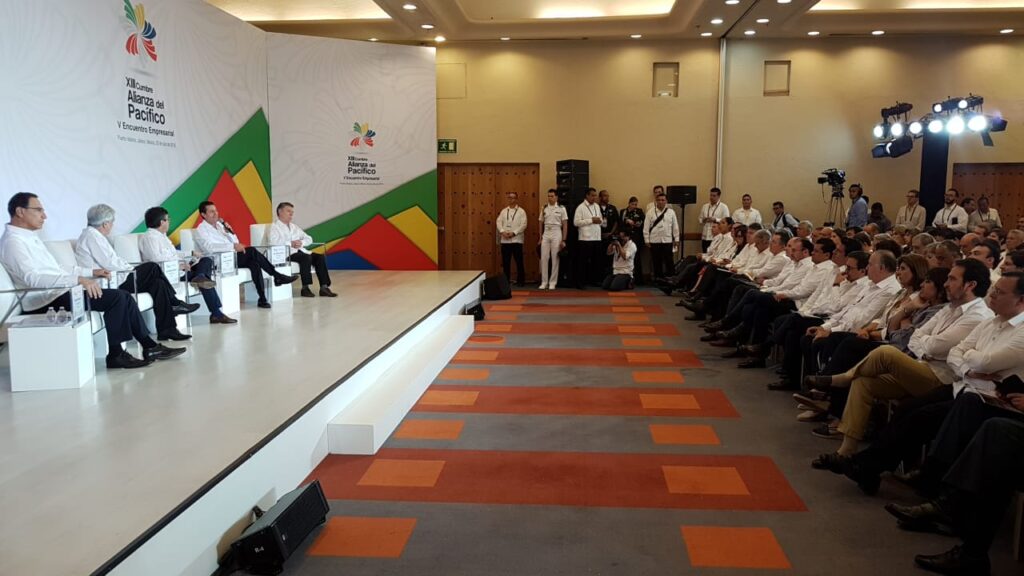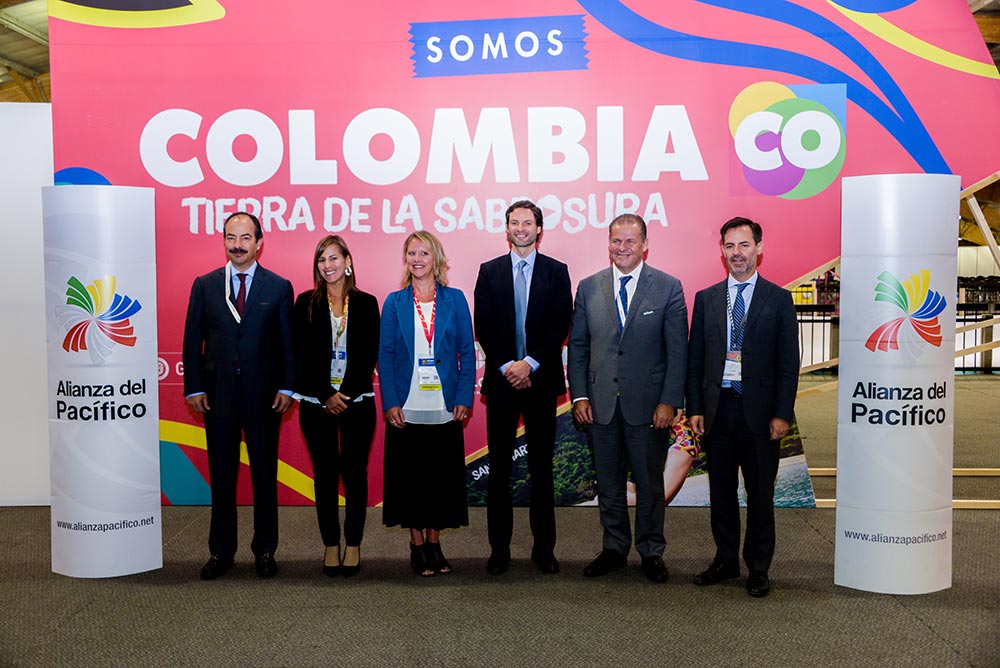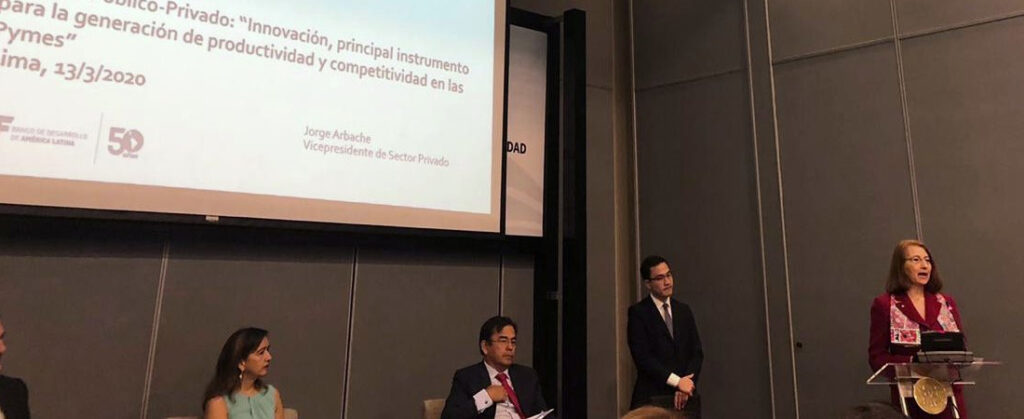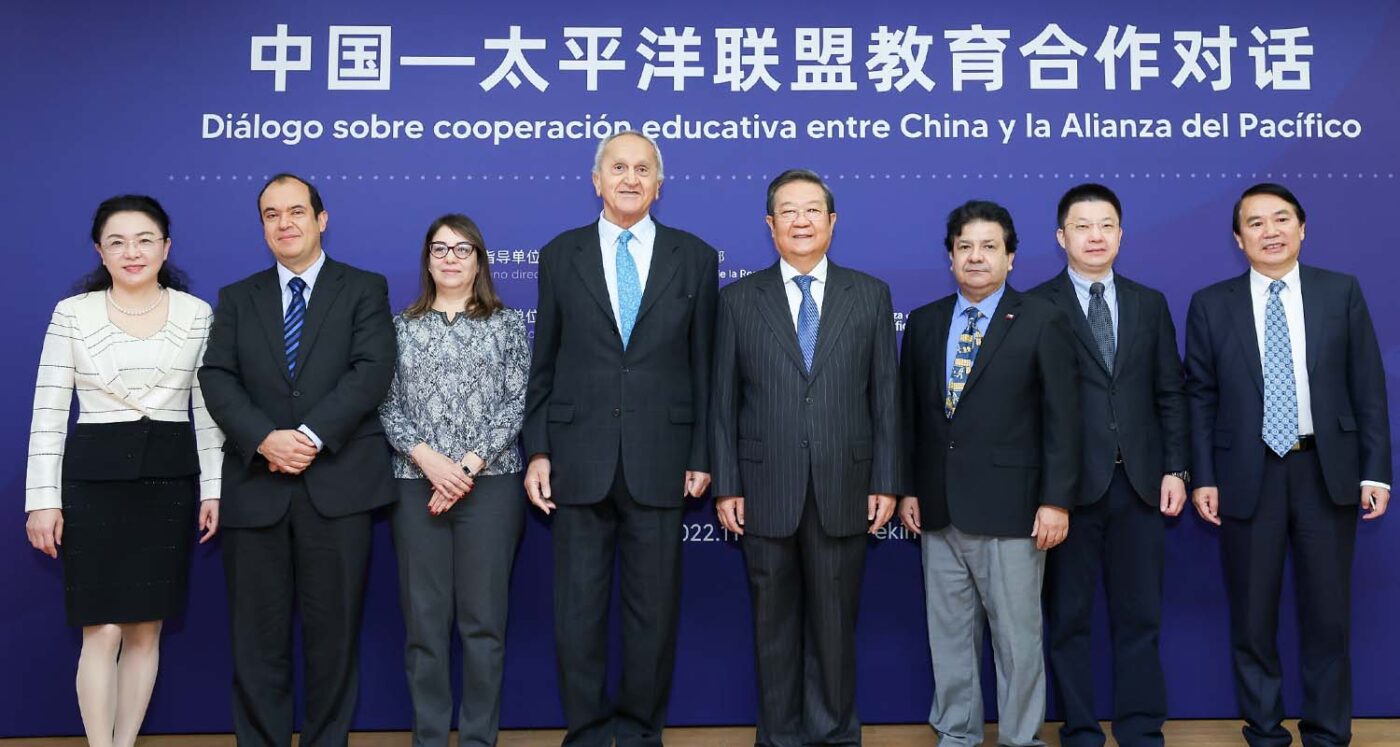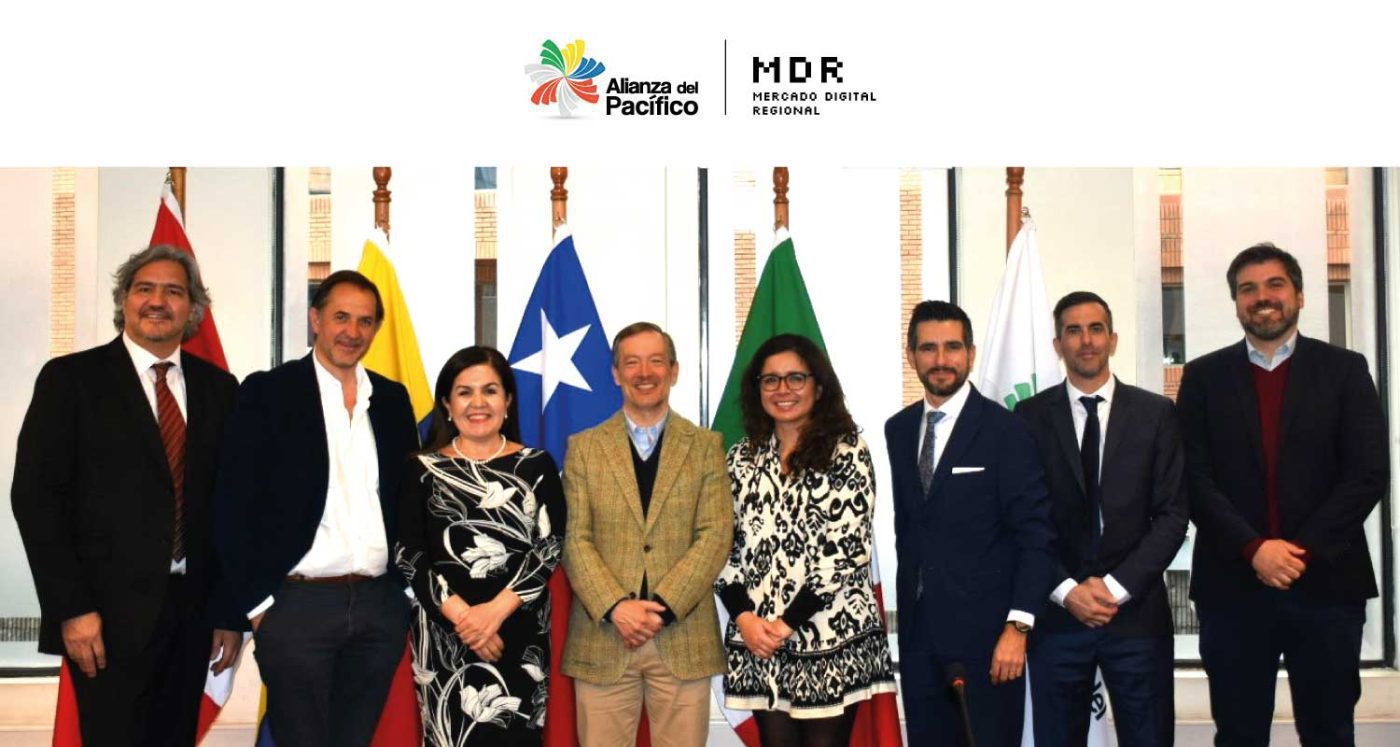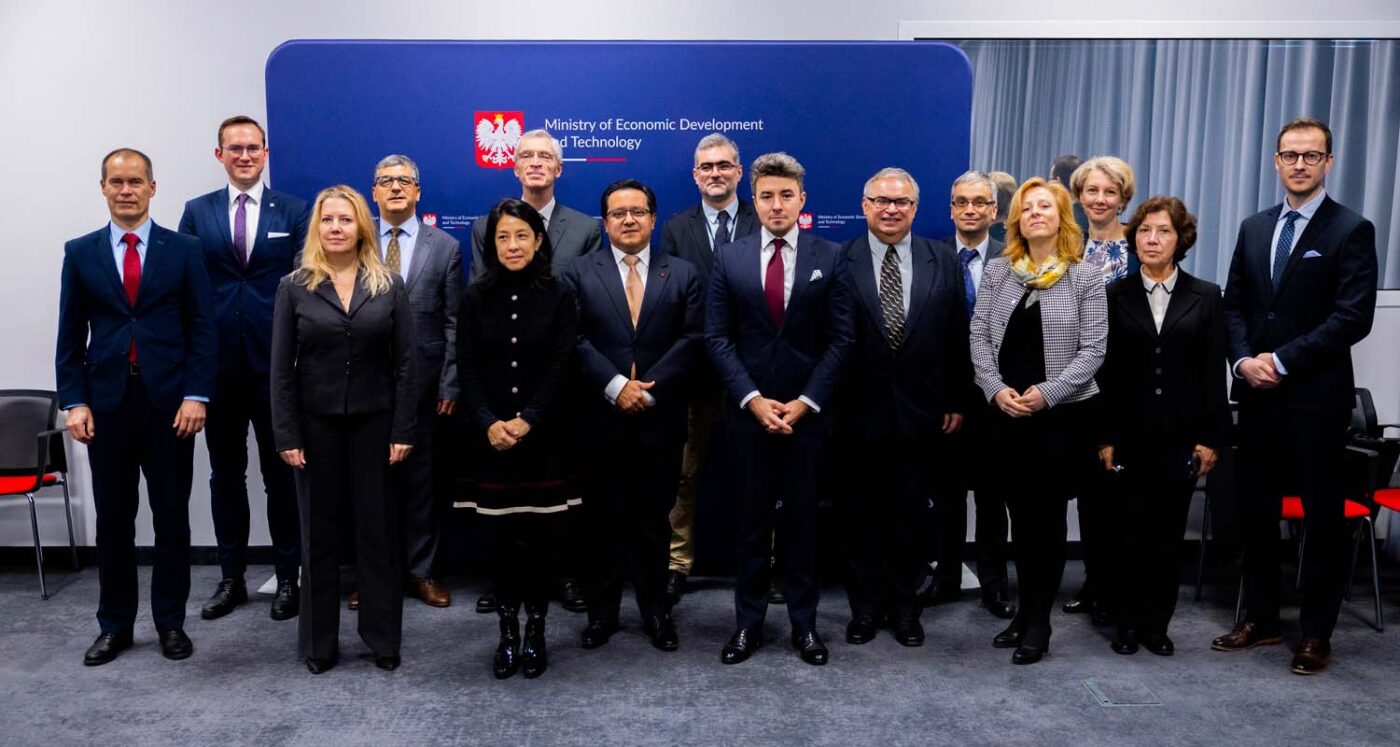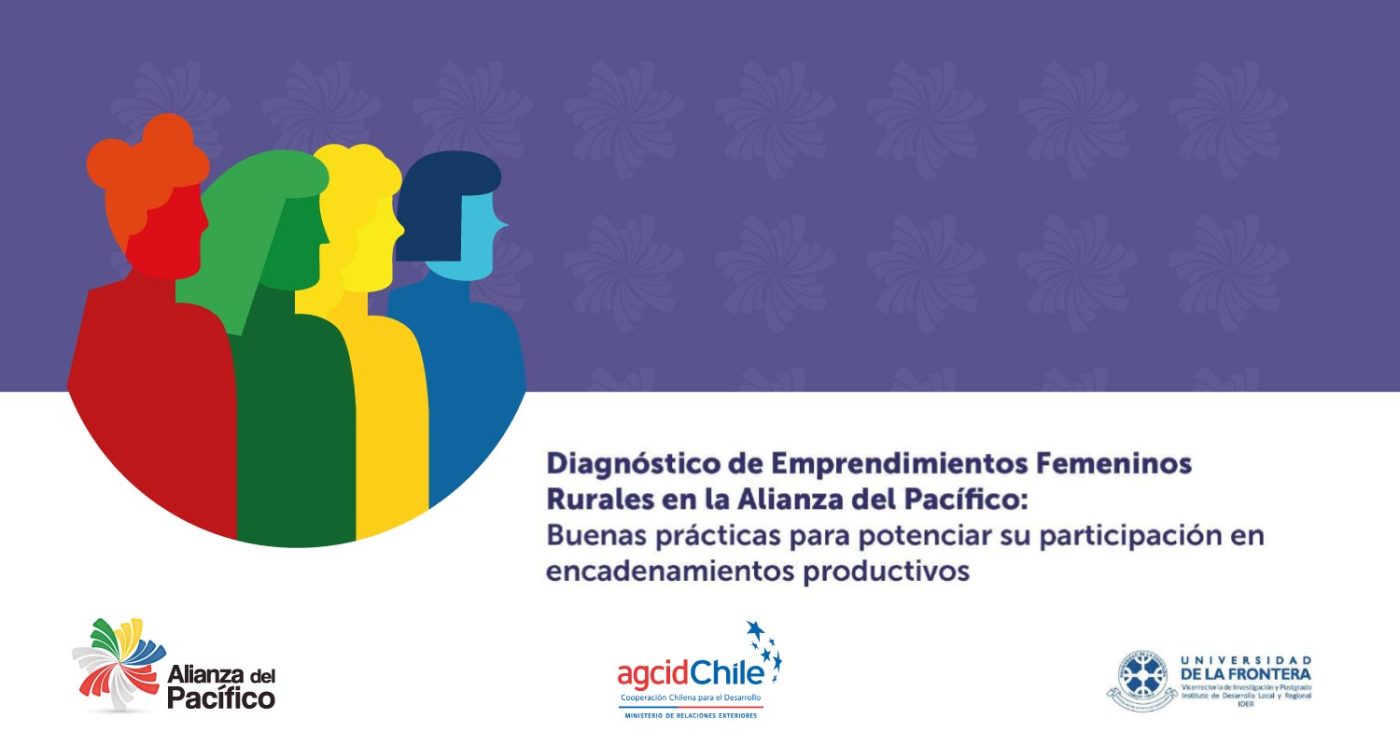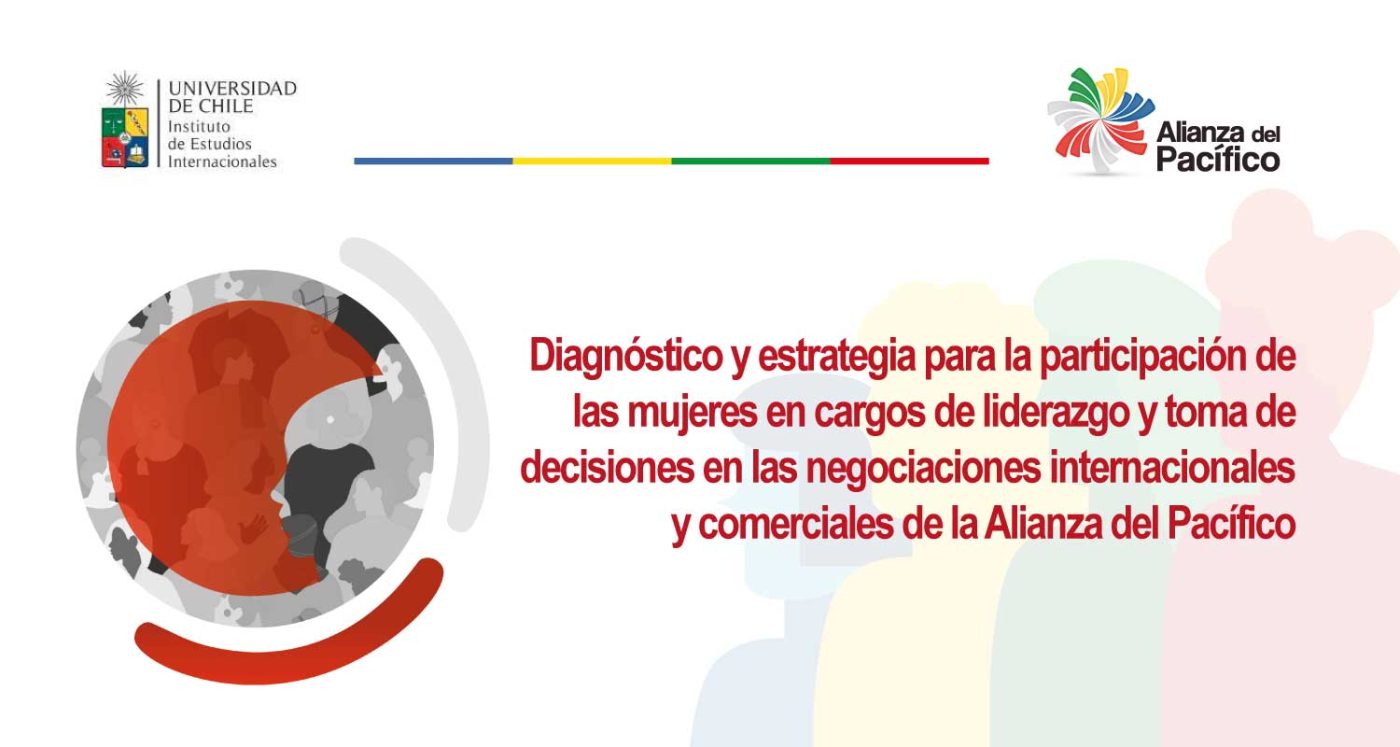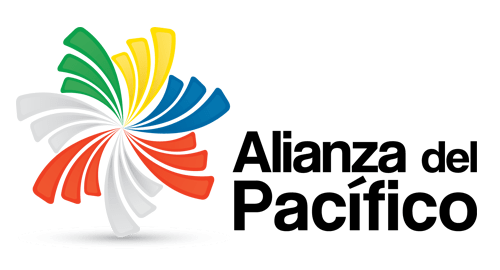Desde el año 2013 hasta la última convocatoria de 2016, la plataforma de movilidad académica ha beneficiado a 1.440 personas en las diferentes modalidades.
Alianza del Pacífico (Sep. 30/17). Hasta el próximo 31 de octubre, los interesados en aplicar a las becas de la Alianza del Pacíficopara realizar intercambios en el 2018, tienen plazo para aplicar en la Plataforma única de postulación disponible enwww.alianzapacifico.net
El programa de becas para estudiantes “Plataforma de movilidad estudiantil y académica de la Alianza del Pacífico”, establecido por los países miembros en el marco de la Alianza del Pacífico, tiene por objetivo contribuir a la formación de capital humano avanzado, mediante el otorgamiento de becas de manera recíproca para el intercambio de estudiantes de licenciatura, doctorado y de profesores, para iniciar estudios o actividades docentes.
Cada país asigna anualmente 75 becas de un semestre para intercambio en pregrado y 25 becas de tres semanas a 1 año de duración, para intercambios de doctorado, movilidad docente y de investigadores.
Esta que es la X convocatoria la cual aplica para el primer y segundo semestre del 2018, espera recibir 400 becarios, en conjunto con todos los países, en las 10 áreas de estudio priorizadas:
Administración públicaCiencias PolíticasComercio InternacionalEconomíaFinanzasIngenieríasInnovación, ciencia y tecnologíaMedio ambiente y cambio climáticoNegocios y Relaciones InternacionalesTurismo
Los estudiantes de doctorado podrán realizar con esta beca: cursos, pasantías de co-tutela, o estancias de investigación en el marco desu programa de posgrado en la universidad de origen.
De otro lado, los profesores deberán ocupar esta beca para impartir clases como docente invitado, para ello deberán presentar un Programa de Trabajo con las materias que dictarán, el nivel y deberán dar al menos cuatro (4) horas a la semana si son programas de pregrado y al menos tres (3) horas a la semana si son clases en programas de postgrado en general.
No podrán postularse para las becas nacionales de Chile, Colombia, México o Perú aquellos estudiantes que no se encuentren matriculados en alguna universidad participante en las convocatorias de sus países de origen. Solo podrán participar las universidades adscritas a la Plataforma:https://alianzapacifico.net/wp-content/uploads/2017/06/IES_Participantes_Convocatoria20182.pdf
La beca de la Alianza del Pacífico requiere de un alto grado de compromiso por parte del becario y de una dedicación de tiempo completo. El programa no provee apoyo financiero o administrativo para los familiares del becario.
Para más información:
Chile: Agencia Chilena de Cooperación Internacional para el Desarrollo (AGCID), Web:www.agci.cl, Correo Electrónico: agencia@agci.cl.
Colombia: Instituto Colombiano de Crédito Educativo y Estudios Técnicos en el Exterior ( ICETEX), Web: www.icetex.gov.co, Correo Electrónico: internacional_becas@icetex.gov.co; alianzapacifico@icetex.gov.co;
México: Agencia Mexicana de Cooperación Internacional para el Desarrollo (AMEXCID) Web: www.gob.mx/amexcid, Correo Electrónico: becasapmexico@sre.gob.mx; infobecas@sre.gob.mx
Perú: Programa Nacional de Becas y Crédito Educativo (PRONABEC), Web:www.pronabec.gob.pe, Correo Electrónico:balianza.pacifico@pronabec.edu.pe

